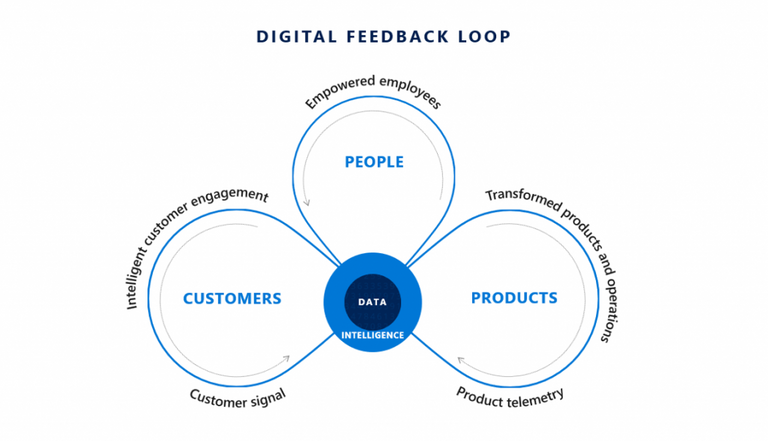
An important study has shown the correlation between the performance of a business and the socio-psychological environment (in other word, well-being) provided for employees of such business.
There is a popular adage “happy customers, happy business”, as much as this is true, there is another saying “happy employees, happy company” because let's face it, your products/services, customers and employees make up your entire business.

You can offer the service/product of highest quality in the market but if your employees aren't clear on your vision, mission and goals for the company, your business will never be optimally efficient. Eventually employees will gradually lose motivation and morale making it difficult to work together as a team and even worse, they could cost you cash-paying customers due to lack of enthusiasm.
In a service-based business, this could be a real deal-breaker, because your employees are directly responsible for delivering the service. That is why all successful companies are built on a solid foundation with strong business cultures.
What is a business culture?
According to inc “Corporate culture refers to the shared values, attitudes, standards, and beliefs that characterize members of an organization and define its nature. Corporate culture is rooted in an organization’s goals, strategies, structure, and approaches to labor, customers, investors, and the greater community.”
A company's business culture will be reflected in its dress code, business hours, office setup, employee benefits, turnover, hiring decisions, treatment of clients (customer service), client satisfaction, and every other aspect of operations.
Depending on the industry your business is in, you can adopt and practice any of these 4 business cultures:
Clan Culture
Like the name implies, this culture is all about creating a work environment in the form of a community or large family where everyone is doing things together as one. Mentors,Friendships, bonding and loyalty are naturally developed in this culture. Competition is usually low in this environment. Most companies that work in an environment called “campus” adopt clan culture like Google, Facebook and Zappos
Market Culture
This culture literally cuts to the chase of getting work done. It is focus-oriented and highly driven by performance and it's major focus is to generate profit and acquire a huge percentage of market share. Competition is mostly high in this culture even among employees. Most of all hedge funds and investment banks adopt this type of culture.
Adhocracy Culture
This culture encourages employees to take risk and stay innovative in order to be and stay ahead of the competition. Leaders here are ready to challenge the norm and break new grounds by innovation. Most tech companies adopt this type of culture to stay innovative and remain competitive.
Hierarchy Culture
Organisations that conduct their business by the book, by following strict and disciplined guideline processes adopt this culture. This minimises mistakes and costs of running the business. The role of leaders are to enforce rules and make sure employees adhere to the them leaving little room for error. Most Businesses that involves life risk and safety like Health adopt this culture and Government organisations too.
Here's why you should adopt a culture for your business too
Aside from the obvious fact that having a strong culture will make your business run smoothly like a well-oiled machine. Here are other benefits of a strong culture:
- The morale and motivation of employees is always high, and directly increases the business productivity.
- It promotes a close-knit work experience among employees, unites various departments and sections enabling the company be more efficient.
- Research has shown that a strong culture could triple the retention rate of employees and keeps your business from losing its greatest asset - People.
Don't wait another day! Start working towards adopting a corporate culture for your business and join the long list of successful companies enjoying the benefits.
As an entrepreneur, you might want to take a radical approach and be more original with your business culture. In my next blog, you will learn how to develop a totally unique business culture that reflects the vision, mission and core values for your company.